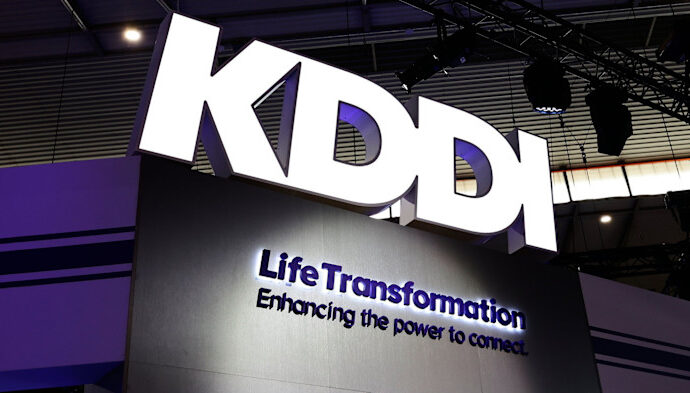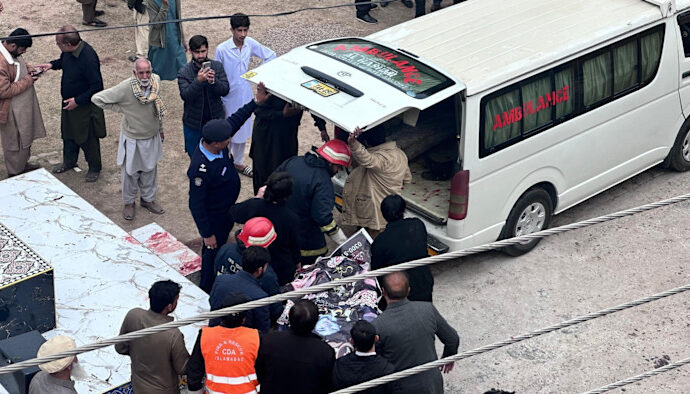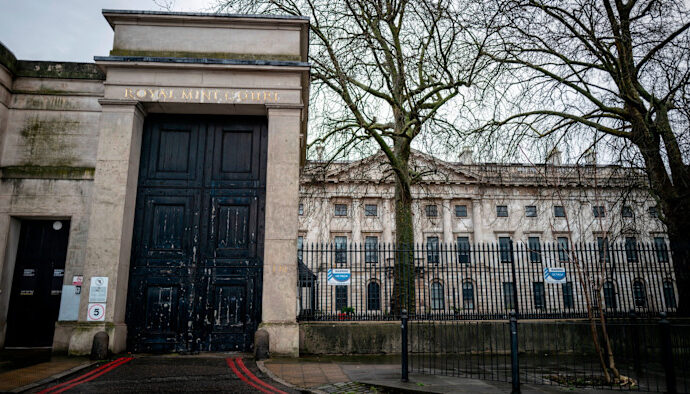A Pakistani court has freed former prime minister Imran Khan on bail after the opposition leader’s arrest earlier this week sparked political violence across the nation.
The Islamabad High Court on Friday granted bail to Khan for two weeks until the next hearing in the case. The court also said Khan was to be protected from arrest in all other cases under its jurisdiction until Wednesday. Khan was arrested on Tuesday over corruption allegations.
The ruling came a day after Pakistan’s Supreme Court declared that the former cricket star’s arrest was illegal.
Authorities were braced for a continuation of the unrest that has tipped Pakistan, a country of 220mn people, even deeper into an already severe political and economic crisis.
Hundreds of supporters and several senior figures in Khan’s Pakistan Tehreek-e-Insaf party (PTI) have been arrested in clashes with police around the country following his detention, with at least five people killed.
The 70-year-old former prime minister was arrested over allegations that a charitable foundation controlled by him and his wife engaged in a corrupt land purchase.
Khan also faces several other cases ranging from allegations that he unlawfully sold gifts received as prime minister to terrorism charges related to protests by his supporters. He denies all the allegations.
Khan and his supporters say the legal challenges are a politically motivated effort to discredit him and prevent him from running in elections set for October this year.
Khan spent Thursday night under protection in a police guest house after the Supreme Court intervention.
Police on Friday issued an emergency order banning gatherings in Islamabad, while hundreds of officers blocked roads in the capital and neighbouring Rawalpindi.
Officials said Khan might be arrested in connection with other cases after the high court protection expires.
“The Supreme Court has given relief to Imran Khan in one case and ordered his release,” said a leader from Prime Minister Shehbaz Sharif’s ruling party. “But there are many other cases where proceedings will continue and his arrest can be ordered.”
Khan was ousted as prime minister last year by parliament following a no-confidence vote but remains the country’s most popular politician. He is expected to emerge as the favourite in this year’s election if allowed to run in a fair contest, according to analysts.
Khan’s rivalry with Sharif has turned increasingly hostile in recent months as both sides traded accusations of wrongdoing. Sharif has branded the protests this week as “terrorism”.
Sharif has been locked in months-long negotiations with the IMF to secure a bailout that many analysts say is needed for Pakistan to avoid default. A surge in import costs has depleted the country’s foreign reserves and triggered double-digit inflation, leading to shortages of essential goods and rising poverty.
In response to the protests, Pakistani authorities restricted access to the internet and social media platforms including Facebook, prompting concern from international observers.
The public backlash has also prompted local officials to block roads using transportation containers and trucks, disrupting food supplies to large cities.
“I support de-escalation efforts and call for the immediate restoration of public access to internet services,” US senator Bob Menendez, chair of the foreign relations committee, said on Thursday. “These shutdowns dangerously suppress the Pakistani people’s freedoms, including access to information.”


